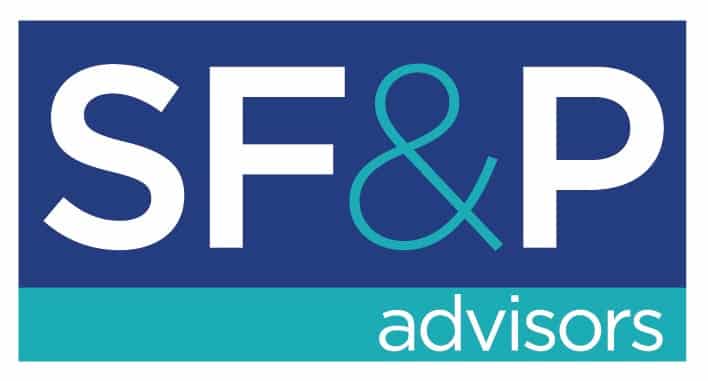(This post was inspired by a suggestion from Invoices2Go, a resource for invoices and staying organized.)
Doing freelance work isn’t always easy. First you have to find the clients that are a good fit for you, then you have to play account manager and the technician doing the work at the same time. That being said I have a lot of experience now playing both of these roles, and have learned a ton about business and customer service through the process of freelancing that I may never have learned only doing work tucked away in an organization somewhere.

1. Self Motivation: Do your best work by narrowing in on what your “best client” looks like, and focusing on them with your marketing efforts.
Nothing is more motivating than loving what you do. If you feel that your work has meaning and purpose and you enjoy the people you’re doing the work for – it’ll be a lot easier to stay motivated. The book ‘Book Yourself Solid‘ by Michael Port suggests writing lists of things you don’t like in a client and things you do to become as familiar as you possible can with what your ideal client is.
2. Time Management: Make a list of all of your projects, and the next step on each of them, then prioritize by what’s most important.
Being somewhat organized about your priorities, and really blocking off sprints of an hour and a half at a time with no phone or e-mail will help you make use of your time in the most efficient way possible. You’ll be surprised as you get further in your freelancing career how much you can handle at once as long as you keep yourself organized and your priorities straight. The productivity classic “Getting Things Done” by David Allen suggest always having a master list of all of your projects, and the next small step for each one.
3. Managing Finances: Find a way to build a financial buffer, so that you’re not taking on clients that are bad for you just to make ends meet.
There’s something to the idea of the ‘scarcity mindset’ vs. the ‘abundance mentality.’ If you’re in the mindset that there’s not enough, you could sacrifice your priorities, your idea of the kinds of clients you want to work for, and even your principles – where-as if you feel grateful you’re more likely to recognize great opportunities when they come along. Creating a financial buffer with an emergency fund and enough money to cover costs of living for the next 3-6 months will help you stay in that abundance mentality, and allow you to take on the kind of work you really should be taking on. Even if you don’t have this buffer yet, try to be slower and more deliberate about taking on new clients, and ask; “Is this the kind of work that will bring me in the direction of my ideal career.”
Freelancing is not always easy, but it can be incredibly fulfilling, because there’s more control over the work you do and the kinds of clients you take on. Thank you for reading my thoughts on tips for new freelancers, and I hope you find the kind of work lifestyle you’ve been searching for.















